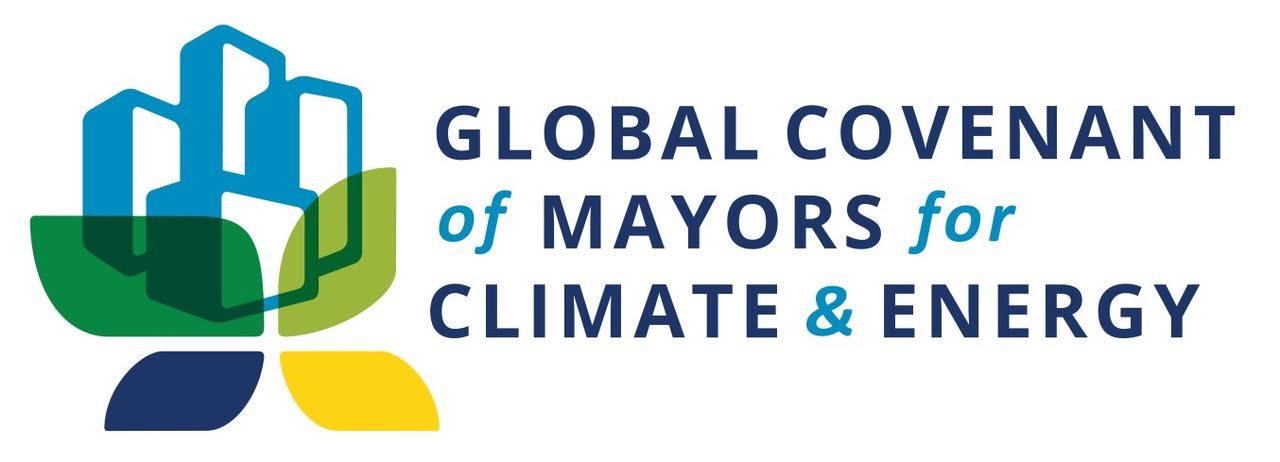- Home
- Reporting entities
- Metro Vancouver, BC
Metro Vancouver, BC
Canada-
Population 2463700

-
Area 2877.36km 2
-
GDP N/AN/A
-
Targets by N/A N/Aemission
Targets by Metro Vancouver, BC
There are no targets yet
- Start year: 2008
- Type: Organizational / Governance
- Status: In operation
- Transport

- Start year: 2009
- Type: Technical/Infrastructure investment
- Status: Completed
The project is a pilot study to assess whether the use of a solar hot water system in a commercial high rise building is a technically and economically effective way to reduce energy use and greenhouse gas emissions. For the study, natural gas and water consumption meters were installed. A data logger was also installed to help identify potential operational improvements. A 2-year monitoring and verification program was also included as part of the agreement with the system designer / installer.
The system is used to heat domestic hot water supplied to washroom sinks, reducing natural gas purchases. The system components include 80 evacuated collector tubes in racks, two 880 litre solar storage tanks, a double wall heat-exchanger and a Resol differential temperature controller. The tubes and racks cover a 20m2 area.
A unique drain-back design provides freeze- and overheating-protection for the system. When the temperature is too low or too high for the system to operate safely and effectively, the system simply shuts off and the heat transfer water inside gravity-drains to a tank, where it is re-circulated when normal operating temperatures are reached. Other systems typically add a food-grade glycol to the heat transfer fluid for freeze protection, which causes a slight efficiency loss in the system and also adds a maintenance requirement and cost. A cooling fan can be used to dissipate heat to protect against overheating. However, the heat is lost.
Evacuated tubes were chosen rather than flat plate collectors, for three reasons: better performance under overcast conditions, simpler anchoring, and directional flexibility. Anchoring flat plates is more difficult because strong winds put lots of pressure on them. Spacing between the evacuated tubes allows the wind to pass around the system. Tubes are also more flexible than panels, because they can be individually rotated away from the sun, providing the option of turning down the energy capture to better match the heat demand.
2010 Performance
Energy Collected
The system is performing as expected. Figure 1 shows that the measured yield for 2010 matches the expected solar hot water system monthly energy yield extremely well. The predicted annual total energy yield was about 13,900 kWh per year and the actual 2010 energy yield was about 14,100 kWh.
Annual amounts of natural gas purchased fell by 25 percent. This reduced the amount of greenhouse gases released by 4.0 tonnes (based on the parameter 50 kg CO2E per GJ). This is a fair comparison across years, because washroom hot water use remained the same in 2009 and 2010.
The system purchase and installation costs were $45,000. An additional cost of $5,000 was incurred for a 2-year monitoring and verification program agreement with the vendor and fothe purchase of gas and water meters and data logger. A provincial grant of $4,500 was received from the provincial funded SolarBC program and a federal grant from NRCAN.
- Buildings

- Start year: 2010
- Type: Technical/Infrastructure investment
- Status: In operation
- Waste

- Start year: 2011
- Type: Technical/Infrastructure investment
- Status: Completed
As the authority responsible for the region’s trunk sewer
network and wastewater treatment system, Metro Vancouver
has developed an Interim Sewer Heat Strategy to enable
access to sewage heat for district energy systems. The intent
is to provide clear direction to public and private entities
interested in using sewer heat in place of natural gas for
heating while a more detailed long-term sewer heat policy
framework is being developed. The interim strategy allows
Metro Vancouver staff to conduct further technical analysis
and engage with stakeholders on issues such as governance,
ownership rights, liability, etc.

- Start year: 2010
- Type: Education/Awareness Raising
- Status: In operation
- Other Emissions

- Start year:
- Type: Assessment/Research
- Status:
Those local governments participating in the ICLEI Adaptation
Initiative worked closely with the Pacific Climate Impacts
Consortium (PCIC) to generate more useful downscaled
climate impacts data for the Metro Vancouver region.
The study produced forecasts for changes in precipitation,
heating- and cooling-degree days, and temperature extremes.
The data will be used by Metro Vancouver and the
region to plan for climate change impacts.

- Start year:
- Type: Policy/Strategies/Action Plans
- Status: In operation
Metro Vancouver and four of its member municipalities are
participating in the ICLEI Adaptation Initiative. Through the
five-milestone process, regional local governments are gathering
more data on the impacts of climate change in the
region, identifying risks and vulnerabilities, and identifying
strategies to address those risks.
Participating organizations: ICLEI
- Human health

The Metro Vancouver, BC has reported 3 government operational inventories, since 2008. In its latest inventory, compiled in 2010, the Waste management and Transport are identified as key emission sources.



